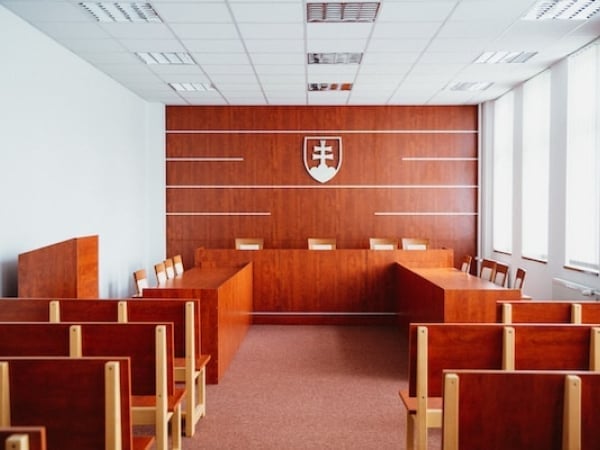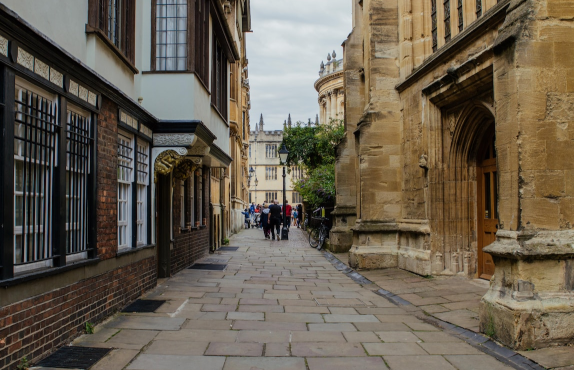King's Evangelical Divinity School is a testament to the faithfulness of God over decades. From small beginnings to worldwide growth, we are a UK-based charity with a strong history of helping Christians rise up to their calling.
Hear from our president about how KEDS is empowering students around the world.
How did we get here? Read the story below.

Birth of a Vision
Late in 1990, a group of evangelical church ministers and leaders in the Midlands, UK, to discuss a pastor's vision to form a Bible training institute for local Christians. A handful of church leaders decided to go ahead with the initial vision. A few months later, plans to launch the new Bible school were underway. On 2 October 1991, the new Midlands Bible Institute (MBI) held its first class in a local church.
From Training Institute to Theological College
By the mid-1990s, after recruiting several tutors with higher degrees in theology, MBI was developing a more formal educational approach and philosophy. As a result, we applied to become a centre for the teaching of a post A-level Diploma in Religious Studies administered by a national exam board. The application was successful and for the first time students at MBI could earn a nationally-recognised qualification in theology.


New Programmes and a New Name
Despite the Diploma providing students with a formal qualification, MBI had no input regarding the syllabus. Thus, in 2002, we began to develop our own programme and syllabus for validation with a British university. Within several years a Certificate of Higher Education (the first year of a BTh degree) was agreed with a state university. In the years that followed a Diploma was added, followed by a full BTh degree focusing on biblical studies and interpretation (hermeneutics) and a new Master of Arts degree in theology.
A Global Reach
Because of the success of the KYB distance learning programme, KEDS also offered a distance learning option for the Bth degree. As a result of making programmes of study available online, the student body expanded to include students from across the world. Currently, aside from the UK, KEDS has students from across the European Union, the US, Australia, New Zealand, UAE and Hong Kong. By 2009, the college was no longer based in the Midlands, necessitating a name change. The new name chosen was the King’s Evangelical Divinity School (KEDS).


Where We Are Now
In 2010, validation of the degree programmes was moved to another university. In 2011, a Graduate Diploma in Theology was added to the list of validated programmes. More recently, an internally-validated focusing on Jewish-Christian studies was introduced, which follows a similar delivery method and pattern to that of the KYB programme. In 2023, Anthony Royle became Principal of KEDS. To this day, KEDS continues to spearhead efforts to equip Christians around the world to rise up to their calling.
